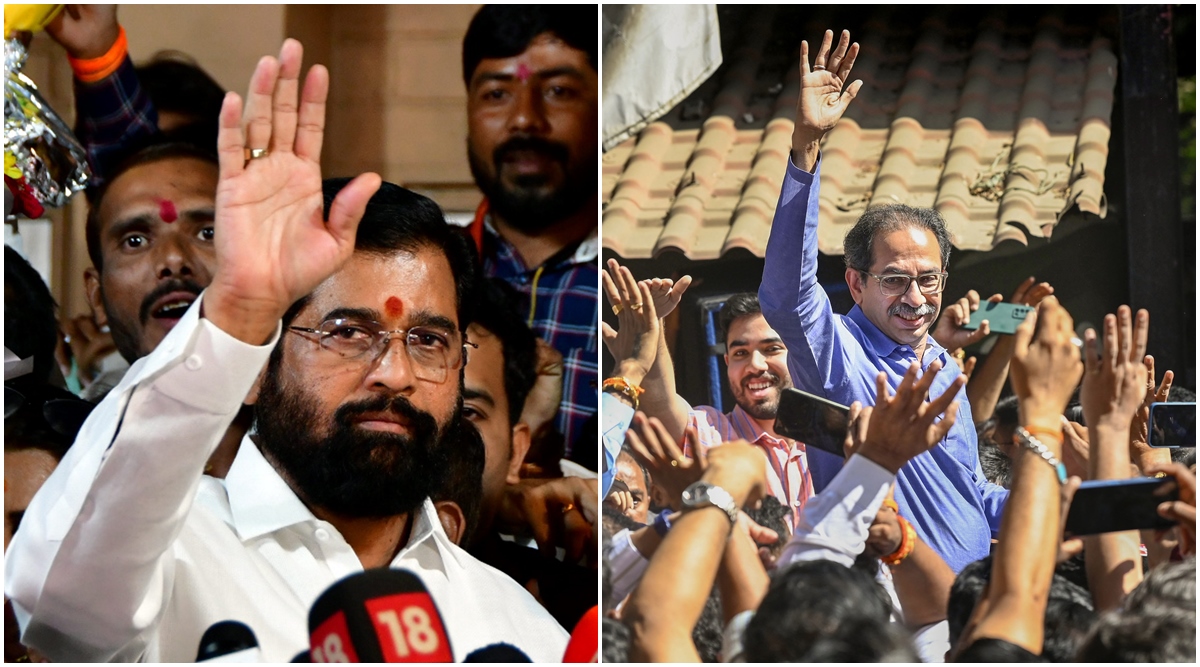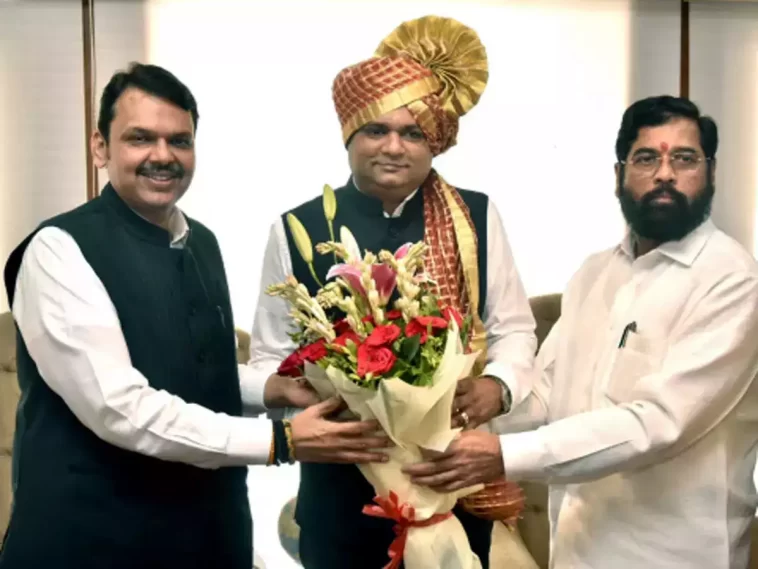In the by-elections for the Kasba Peth and Chinchwad assembly constituencies in Pune, approximately 0.843% million voters, or approximately 10% of the population of Pune and Pimpri-Chinchwad based on revised estimates of demographic change in the absence of the most recent census, will exercise their franchise.

Nonetheless, many locals assert that Sunday’s election will determine Maharashtra’s politics in the coming days. If the Congress candidate running with the support of the Maha Vikas Aghadi (MVA) wins both seats from the BJP, it will be the first significant victory since the formation of the grand alliance. The potential development can be viewed as a precursor to upcoming municipal elections in Pune, Mumbai, Nagpur, Nashik, and Aurangabad, among others.
If the BJP is able to retain the two seats, the MVA will have difficulty remaining united. When municipal elections are imminent, it will be the BJP in coalition with Eknath Shinde’s Shiv Sena that will expand its base and be able to take on the MVA, which will have to address internal divisions.
The election is an opportunity for voters to assert themselves for a better destiny, as both of these constituencies have been dealing with long-standing issues.
Residents of Kasba Peth, which encompasses the majority of central Pune, including peth areas, desire the redevelopment of ancient wadas, the encroachment of roads and footpaths, the congestion of bylanes, and the lack of adequate water supply. Their counterparts in Chinchwad are affected by a lack of water supply, traffic congestion, and Metro rail delays.
Due to complex municipal regulations and tenants’ reluctance to vacate, the owners of ancient wadas are unable to redevelop the dilapidated buildings. On the final day of the campaign, Chief Minister Eknath Shinde pledged a town planning scheme for the central parts of Pune to address the issue of these structures.
Shinde, campaigning for BJP candidate Hemant Rasane, stated, “We intend to introduce a town planning scheme for Kasba Peth soon.”
In the meantime, the Congress has blamed the BJP for the constituency’s lack of development over the past three and a half decades. “Kasba Peth has elected BJP candidates since 1995, but the problems of the constituency have not changed.” In fact, the situation has deteriorated over time, with no solution found for wadas, traffic congestion, poor roads, and water shortage, according to Mohan Joshi of the Congress, whose party’s candidate Ravindra Dhangekar is running against Rasane.
Kasba Peth has a total electorate of 275,679, with 138,690 female voters and 16,984 male electors. The majority of the district has been commercialised over the past two decades. Laxmi Road, Tulsibaug, Ravivar Peth, and famous temples such as Sarasbaug, Kasba Ganpati, Dagadu Seth, and Tambdi Joshwari are part of the city’s seat. Since 1995, Kasba has been a stronghold of the BJP. Mukta Tilak, a lawmaker for the BJP, passed away, necessitating these elections.
Politically, this election is significant for both the BJP and the Congress, as the latter strives to reclaim the seat it held until the early 1990s. The cohesion of the MVA’s campaign, the participation of leaders such as Sharad Pawar, and the presence of a formidable candidate in Dhangekar gave the impression that the Congress was a serious contender. On the saffron side, the elections are more crucial to Chief Minister Shinde than to his deputy Devendra Fadnavis, as a favourable outcome could bolster Shinde’s position following the rebellion and lead to additional defections from Shiv Sena.




